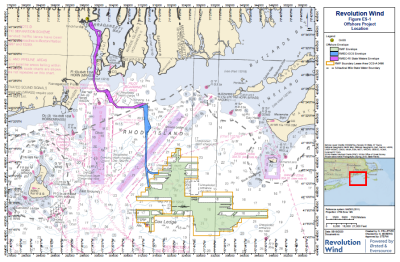“Drilling stocks are drowning — in a sea of $55 oil,” a CNN Money report said today.
The CNN report listed drilling issues as the worst stocks of 2014, with some losing more than two-thirds of their value. With oil down over 40% since June, the report discussed how oil company cuts to capital spending means less revenue for drillers, which may mean dividend cuts and their own capex cuts.
For the workboat world, we are already seeing the effects. Transocean has idled four drillships, Hercules Drilling has laid up the same number of jackups, and other offshore drillers are weighing their options.
In our WorkBoat Composite Index, operators, which include offshore drillers, lost 13% in November.
The Philadelphia Oil Service Sector Index also lost 13% in November and dropped another 9.5% through Dec. 12. Transocean was down 30% in November, and the company’s stock is down 67% this year, making it the worst performer in the S&P 500.
But all is not gloomy for U.S. Gulf drillers and other service companies.
At the Cowen and Company Fourth Annual Ultimate Energy Conference held in New York in December, Steven L. Newman, president and CEO of Transocean, was asked about falling oil prices and its effect on rig counts.
He said the global rig count, at best, would be flat in 2015. “We expect 2015 to be every bit as tough if not more difficult than 2014. The rig count in the Gulf of Mexico is likely to go up and rig counts in some other areas of the world is going to have to go down to compensate for that.”
And in Transocean’s third quarter earnings call in November, Newman said the company was still bullish. “As you know, the most effective cure for a low oil price is a low oil price, and we maintain that our customers’ obligation to replace reserves and grow production will inevitably drive a return to drilling. It is in this context that our long-term bullish view of offshore drilling remains intact, underpinned by our fundamental belief in the long-term growth of energy demand and the key role that offshore hydrocarbons will play in meeting that demand. The industry has been through these downturns before, and Transocean is well positioned to manage through this one.”
This is the third or fourth oil price cycle for me, and the industry has survived them all. Like Newman said, I also think we’ll manage through this one.




